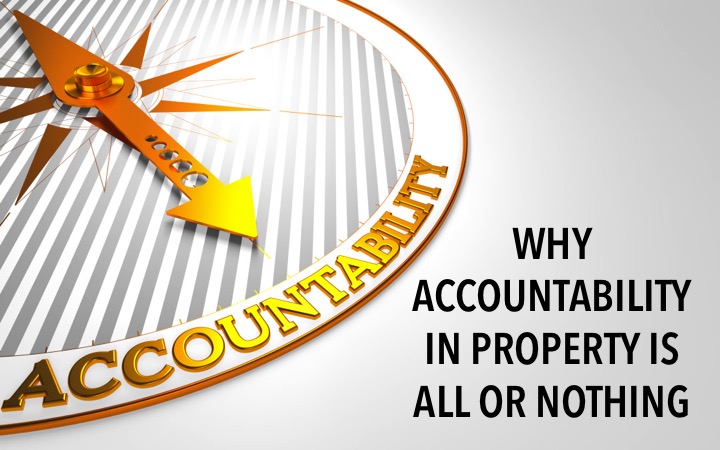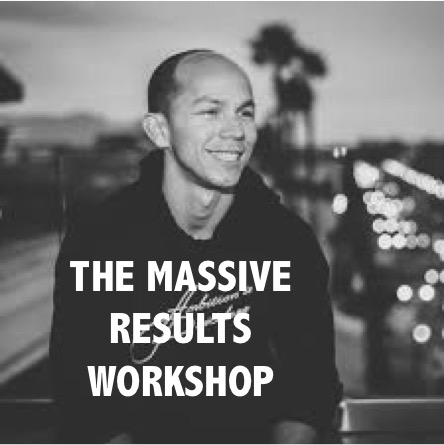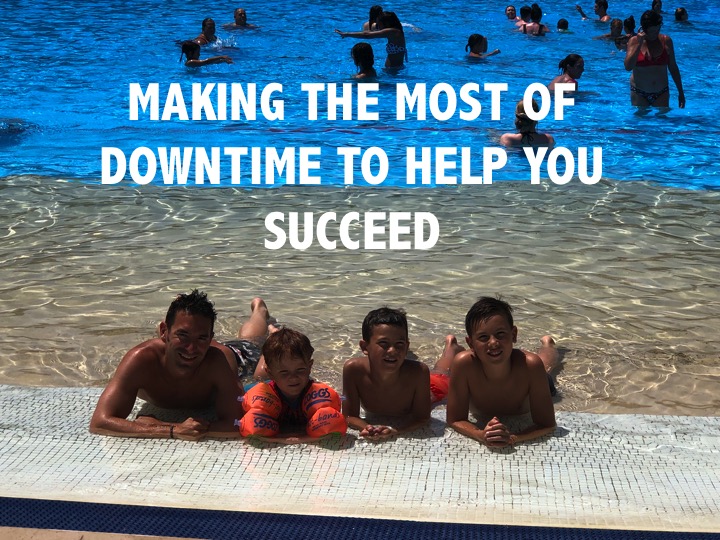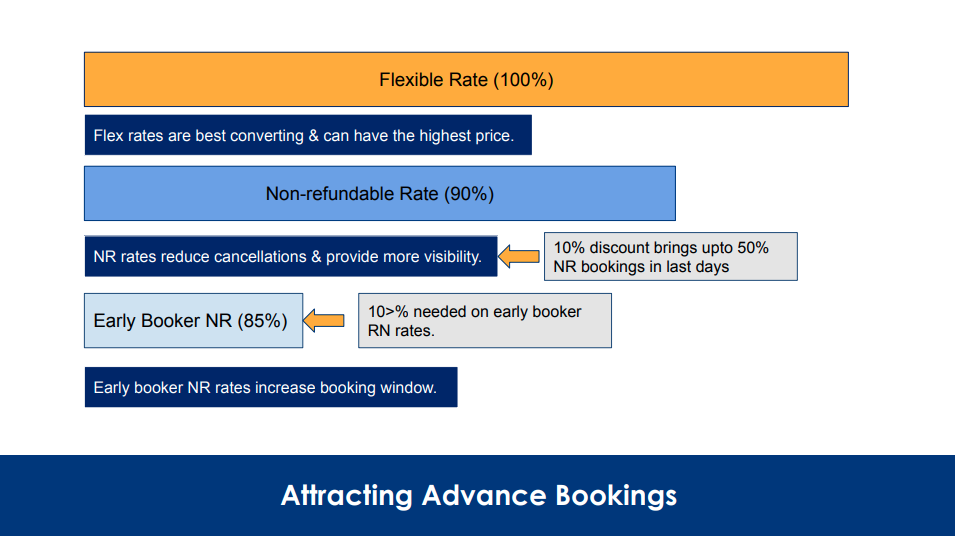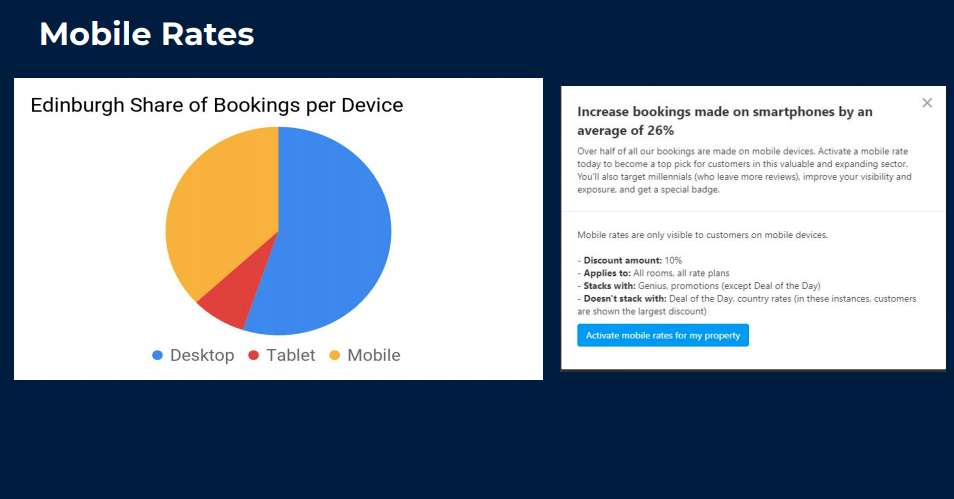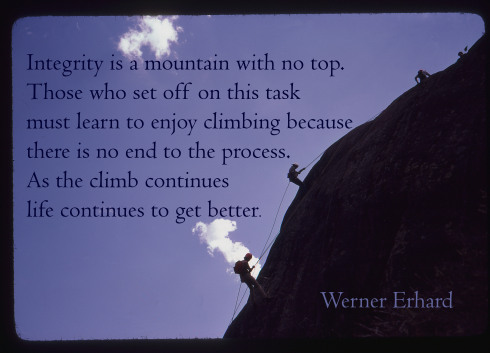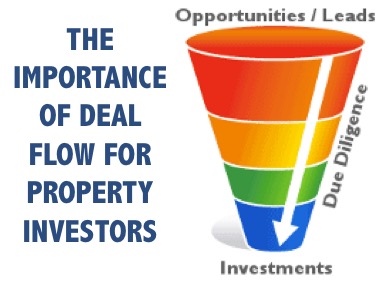If your property business is not getting the results you want, the problem may be lack of accountability. I’m not just referring to the individuals in the business, there are multiple layers and players in this. Take a moment and think about the key parties involved in the end to end process of a property deal- this could include you, an agent, a vendor, a lender, a solicitor, a builder, an architect, the council……the list goes on depending on the type of deal. Everything needs to fall into place for a successful deal to happen to the desired timeline and budget, and for that it requires everyone being accountable to their word.
We all know how painful it is when someone in the chain doesn’t keep their word. The challenge sits on the shoulders of you as the investor and deal maker to be the one who expertly manages all the moving parts so that everyone stays accountable.
So how can property investors and business owners improve this? Would it surprise you if I said there is no silver bullet? Instead, it is a mindset, a culture. We’ll circle back to that culture and it’s importance in a moment, first a couple of definitions.
A few years ago I discovered Greg Bustin’s book “Accountability: The Key to Driving a High Performance Culture”. Greg Bustin is a business and leadership consultant, an international speaker, and a Master Chair for Vistage International. In the book he explains this powerful trait in easy-to-understand components and as you will shortly see, there are important lessons for property investors of all levels.
What does accountability really mean?
Greg Bustin writes about accountability from the perspective of creating a high performance culture in your organisation. This in itself is extremely powerful however I feel that property investors can, and need to, take it further by looking at how accountability can also be carried outside of your immediate company and applied to the other key parties in your power team and in the end to end deal.
Let’s start with Bustin’s explanation of accountability, which captures it brilliantly:
“Doing what you said you would do within the time frame you agreed to do it.
Practiced effectively, accountability is a way of thinking and acting all the time and ultimately trumps any financial, intellectual, structural, or technological ability. The reason is simple: Accountability is not based on circumstance but rather on an attitude of accomplishing a task or achieving an objective despite circumstance.”
Bustin’s final paragraph is my favourite,
“Accountability is critical to anyone leading a group of people, because, after all, every business is a people business. Accountability is how people get things done—or don’t get things done.”
This is so relevant because anyone in property knows that it really is a people business.
The Seven Pillars of Accountability
In the pursuit of understanding what separates high performing companies from the rest, Greg Bustin undertook more than 5000 interviews with successful CEOs worldwide. What he discovered was a mindset grounded in seven distinct characteristics.
Using the memorable acronym C.U.L.T.U.R.E, he calls these characteristics the Seven Pillars of Accountability. From all of his in-depth research, Bustin concluded that culture is a significant predictor of your future performance.
As you read through these seven pillars ask yourself the challenging questions that each point raises. Whether your property investing business is a company of one or a company of many with partners or staff, this is all relevant. Is yours a culture that is created and nurtured intentionally, or is yours a culture that occurs by happenstance?
Here’s the Seven Pillars:
Character: An organisation’s character is shaped by its values, and these values are clearly defined and communicated. The organisation does what is right for its customers, employees, suppliers, and investors, even when it’s difficult to do so.
Unity: Every employee understands and supports the organisation’s mission, vision, values, and strategy, and knows his or her role in helping to achieve them.
Learning: The organisation is committed to continuous learning and invests in ongoing training and development.
Tracking: The organisation has reliable, established systems to measure the things that are most important.
Urgency: The organisation makes decisions and acts on them with a sense of purpose, commitment, and immediacy.
Reputation: The organisation rewards achievement and addresses underperformance, earning the organisation and its leaders a reputation, both internally and externally, as a place where behaviour matches values.
Evolving: The organisation continuously adapts and changes the organisation’s practices to grow its marketplace leadership position.
“Just as you cultivate a garden, you must cultivate a workplace environment where high performance is the expectation.”
Conclusion
In his book, Bustin talks about accountability being an ‘all or nothing standard’. Does the idea of accountability being consistently present sound too idealistic? Well, he makes makes a very strong case for it by pointing out that “wee problems”, which can seem inconsequential, can create much bigger issues.
It doesn’t need much imagination to think of the ‘wee problems’ that can arise and compound along a property deal, potentially causing it to fail….ie the deal you jumped into without fully completing your due diligence, the vendor failing to disclose critical information that delays conveyancing, the local market research for SA demand that you didn’t do, the botched job that a poorly selected tradesperson does and has to be re-done. There can be so many, and these are the kind of dropped balls that can cause the deal to fall over, or at least not go as smoothly as hoped.
Going back to Bustin’s point about culture, accountability really has to become part of our property business DNA. When this happens the investor will set each deal up for optimal chances of success by setting the foundations for accountability with all key parties from the beginning, and then managing that high standard throughout the process.
The way I see it, what starts in your business as a culture underpinned by the 7 pillars, must then extend beyond the organisation as the ‘culture’ of every property deal.
Being accountable to yourself and having the integrity to do what you said you would do will likely be the most powerful trait you can practice, and also seek out in those you choose to work with.
Here are some questions to help challenge your thinking about accountability in a constructive way:
-What “wee problems” are taking root and damaging your business’s results and/or culture?
-What would the typical ‘culture’ of your property deals look like?
-What would an impartial visitor to your business see, hear, and experience?
-How would the observed behaviour align with the behaviour you say you want?
In closing, what are your thoughts on accountability in property?

